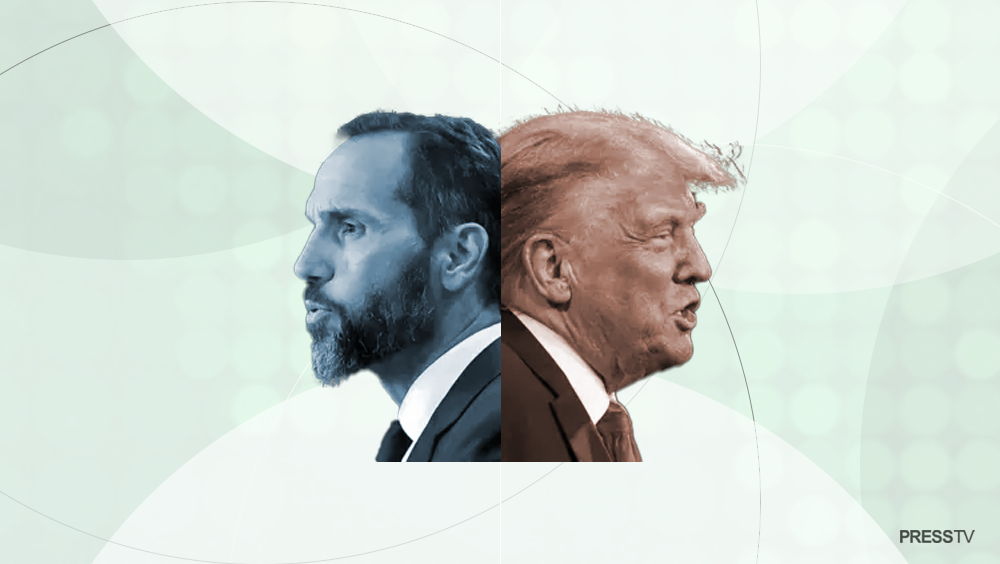At Climate talks, it’s America alone more than America first
Facing 195 other countries who have chosen a different path, the task of US negotiators at upcoming climate talks in Bonn is unenviable.
Donald Trump has vowed to exit the Paris Climate accord, just not yet, leaving US policy in limbo for the next three years until Washington can officially leave.
So, it falls to Thomas Shannon -- a respected career diplomat -- to this week lead a delegation into talks aimed at implementing an agreement the US is set to abandon.
"It is a strange situation, I don't think I have seen anything like it in my almost 30 years of following this process," said Alden Meyer of the Union of Concerned Scientists, a Washington-based non-profit working on environmental issues.
The Trump administration says it will still turn up, hoping to protect America's interests and put "America first."
Rather ambitiously, Washington wants to handcuff its biggest geopolitical rivals to their commitments.
A White House official told AFP it wants "to ensure the rules are transparent and fair, and apply to countries like China and other economic competitors to the United States."
But Shannon and his team might find themselves on shaky ground.
Ben Rhodes, a former aide to President Barack Obama, believes Washington has abandoned any leverage it once had.
"The rest of the world has no incentive to make concessions to the US since we are now entirely isolated," he told AFP.
"My expectation is that the rest of the world will simply continue within the Paris framework and wait and see what happens in the US in 2020.
"The danger is that other countries are less ambitious in their own commitments and implementation plans because they have the excuse of the US leaving," he added.
Next election
Many delegates will be hoping that by a November 4, 2020 deadline -- one day after the next presidential election -- Trump either backs down or a new president has embraced the agreement.
Either scenario is entirely possible.
The White House has given itself ample wiggle room, saying the United States intends to withdraw "unless the president can identify terms that are more favorable to American businesses, workers, and taxpayers."
That leaves open a broad range of possibilities that would not wreck the deal, including scaling back Obama's national plan to reduce greenhouse gas emissions by 26-28 percent by 2025 compared to 2005 levels.
But for now, the most supportive American voices come from outside the administration -- in the cities, states and companies, many of whom will likely implement their requirements regardless.
Billionaire former New York mayor Michael Bloomberg is on the front line of the Paris accord's cheerleaders, determined to help meet US commitments whatever the position of the White House.
"That's kind of a new plot here," said Meyer. "You did not have that kind of force in place when president Bush announced he was withdrawing from Kyoto in 2001."
The key question is whether they can keep the flame alive for another three years.
(Source: AFP)
Iran seeks South Korea’s assistance for AI, fiber-optic projects
VIDEO | Iran's 'Eqtedar' (Power) maneuver
Israel hits HTS military target in Syria for 1st time since fall of Assad
VIDEO | Press TV's news headlines
Israel has slaughtered 13,000 students in Gaza, West Bank
VIDEO | More Zionist than Zionists: Biden’s legacy to be defined by Gaza genocide
Hamas confirms handing approval of Gaza ceasefire deal to mediators
VIDEO | Iran: Show of strength











 This makes it easy to access the Press TV website
This makes it easy to access the Press TV website